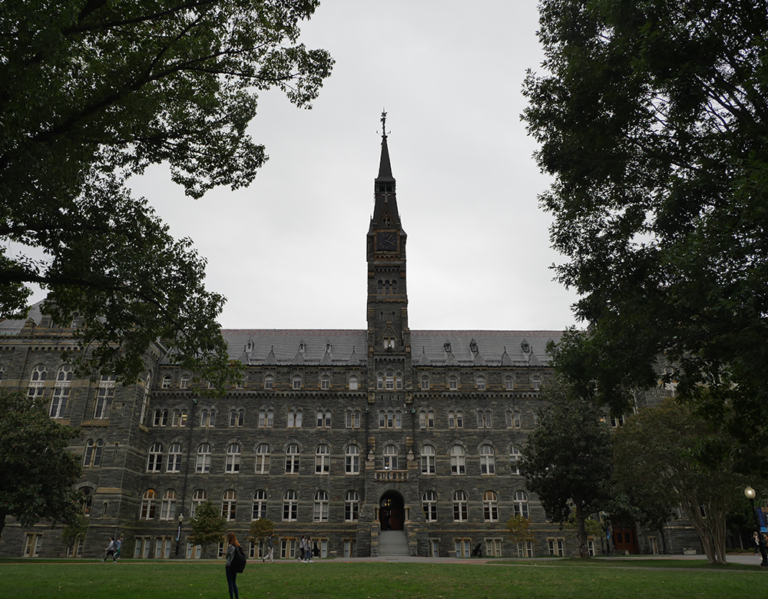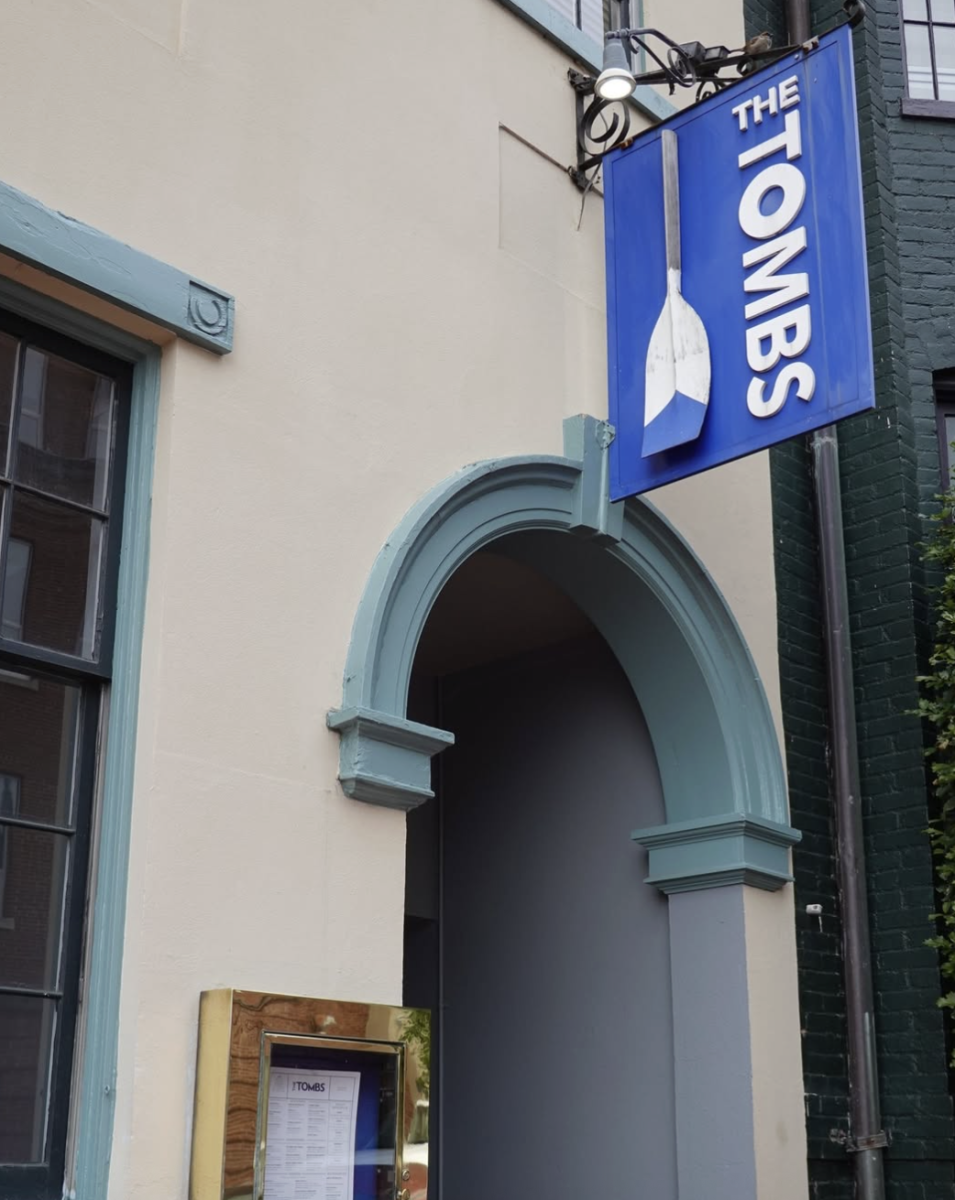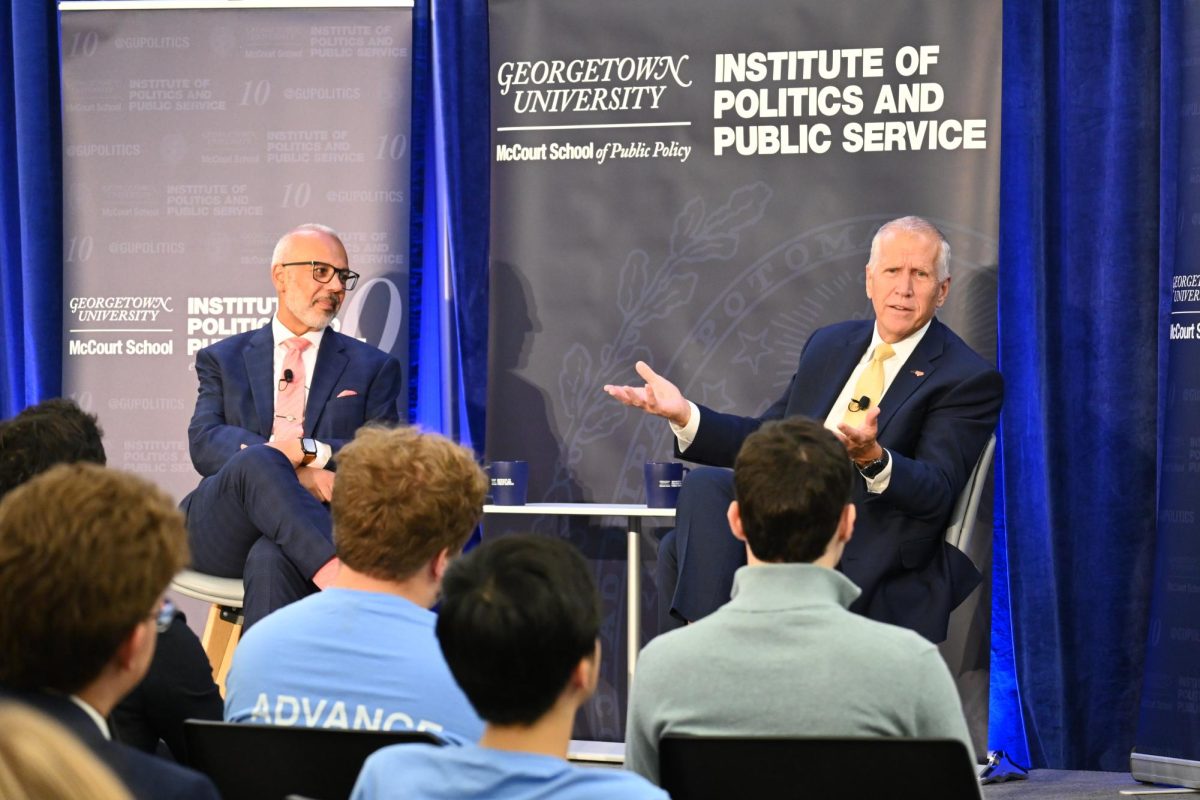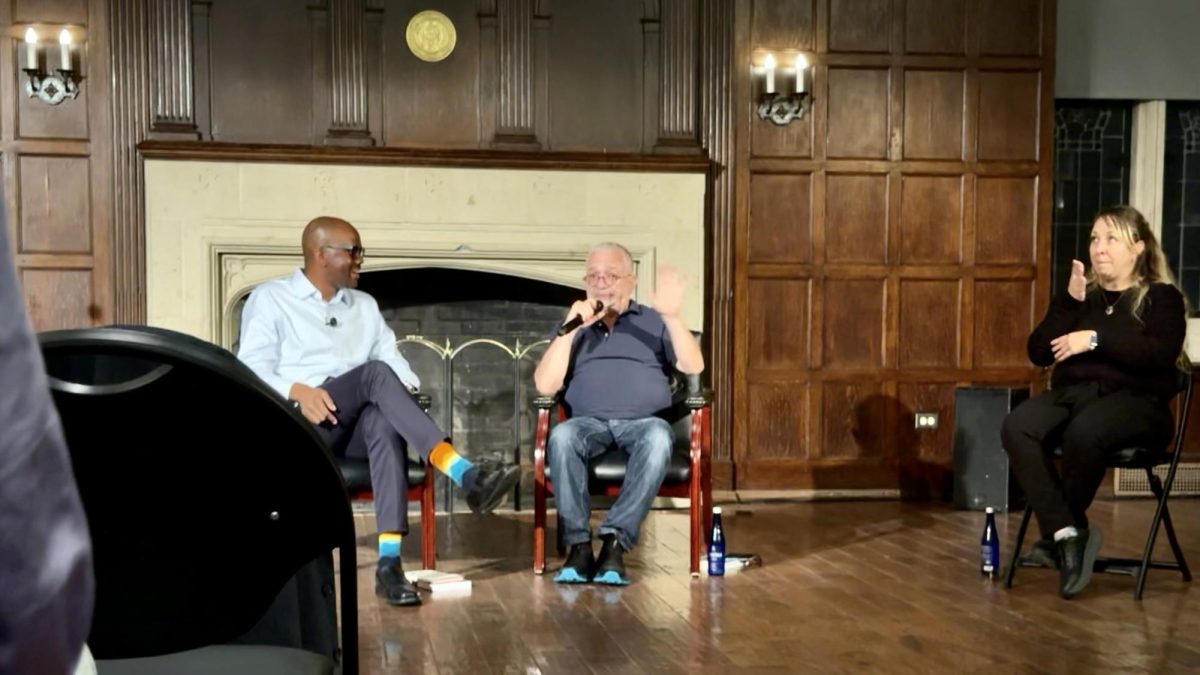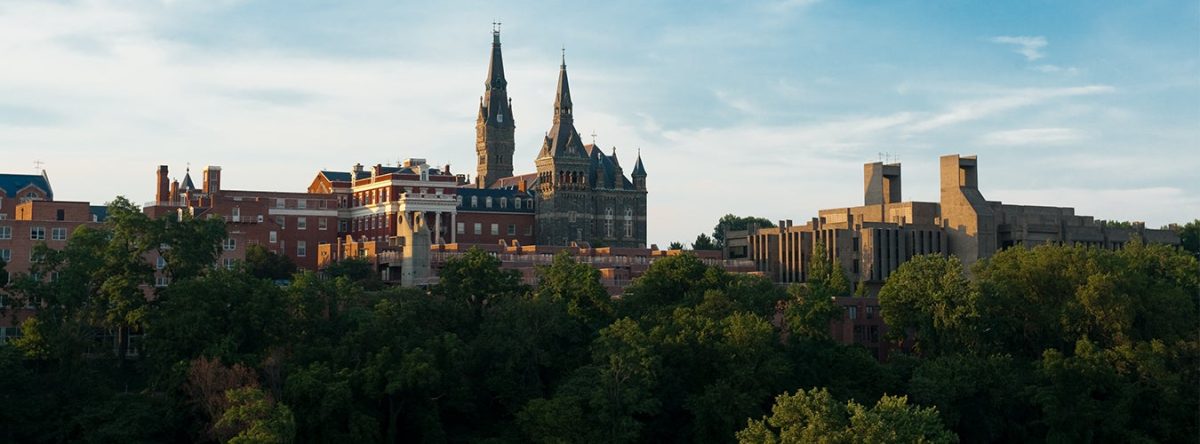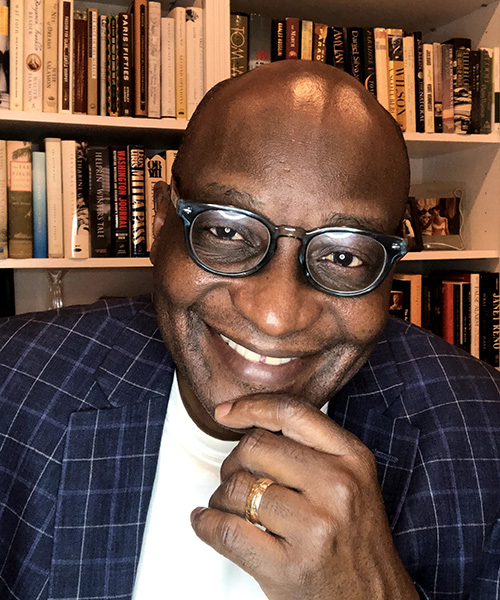The Georgetown University Lecture Fund, a student organization that hosts speakers on all topics, hosted Jamaica’s minister of health and wellness Oct. 2 for a discussion on public health initiatives and challenges in Jamaica, with a focus on the nation’s response to the COVID-19 pandemic.
The panel, titled “Jamaica’s Path to Health Equity,” featured Jamaican Health Minister Christopher Tufton, who has served in Jamaica’s national parliament since March 2016 and was visiting the United States for the Pan American Health Organization conference. Professor of nursing Edilma Yearwood, an expert in immigrant and youth psychiatric health, moderated the discussion, which focused on the global implications of Jamaica’s health systems and the country’s future public health strategies.
Tufton said that Jamaica’s pandemic plan proved useful in combating COVID-19.
“In Jamaica’s case, we were fortunate we had a pandemic plan, which every country should have,” Tufton said at the event. “We started to tweak it to match the features of COVID. How does the disease spread? What are the features that needed to be built in terms of management, control vetting, training of primary health care teams or contact tracing?”
Tufton said it is difficult to compare Jamaica’s COVID-19 response to that of the United States, which he said lacks a primary health care system and operates mainly with tertiary providers.
“What you find in crisis management and leadership, whether it’s health or something else, is that uncertainty leads to panic and panic can lead to fears. What you don’t want is chaos,” Tufton said. “To respect confidentiality is very important, you know, and we have done it. I think it’s important to expose people sufficiently to understand how this system works.”
Tufton said transparency did not solve Jamaica’s logistical issues during the pandemic, such as the difficulty for Jamaican hospitals to gain access to vaccines and ventilation resources.
“The U.S., and rightfully so, in protecting their people, blocked shipments that were in transit to go to Jamaica and other countries,” Tufton said.

Tufton said that the main priority in Jamaican health care is not the acquisition of clinical equipment but rather the enhancement of mental health resources, promotion of healthy nutrition and the cultivation of healthy habits.
“What I discovered early in health and human health was that we didn’t have a clinical problem,” Tufton said. “If you examine all the variables, the solution to ill health is not more medicines and more hospital beds, as important as those are. Instead, the solution is to promote more wellness by influencing more health-seeking behavior.”
Tufton said efforts like Second Chance Smiles, which promoted denture use rather than tooth extraction, and Jamaica Moves, a campaign that promotes healthy lifestyles, fostered a vibrant community among health experts.
“Jamaica Moves was intended to show the culture of the Caribbean and Jamaica — the music, the dance. We’re very fun-loving people,” Tufton said. “Extracting vices from that, the alcohol, the tobacco, you know, and having these workout sessions.”
Tufton also said that mission trips and student visits to Jamaica can help improve the country’s health care system.
“For short term assignments in a range of areas, they normally come with a team. A lot of them are students actually, who are on vacation days,” Tufton said. “So dental students under the supervision of the dentist, they will care.”
Tufton said his experiences as the minister of agriculture and fisheries and minister of industry, investment and commerce informed his decisions as health minister, and he believes his position enables him to solve problems within health care and receive recognition for his work.
“For the most part, people complain when they have a problem, but they don’t mention when their problems are solved,” he said. “They move on because they assume that it’s a normal course, and that’s an expected thing. So on the occasions that you get a ‘thank you’ or you observe satisfaction, patient satisfaction would be the most rewarding.”



